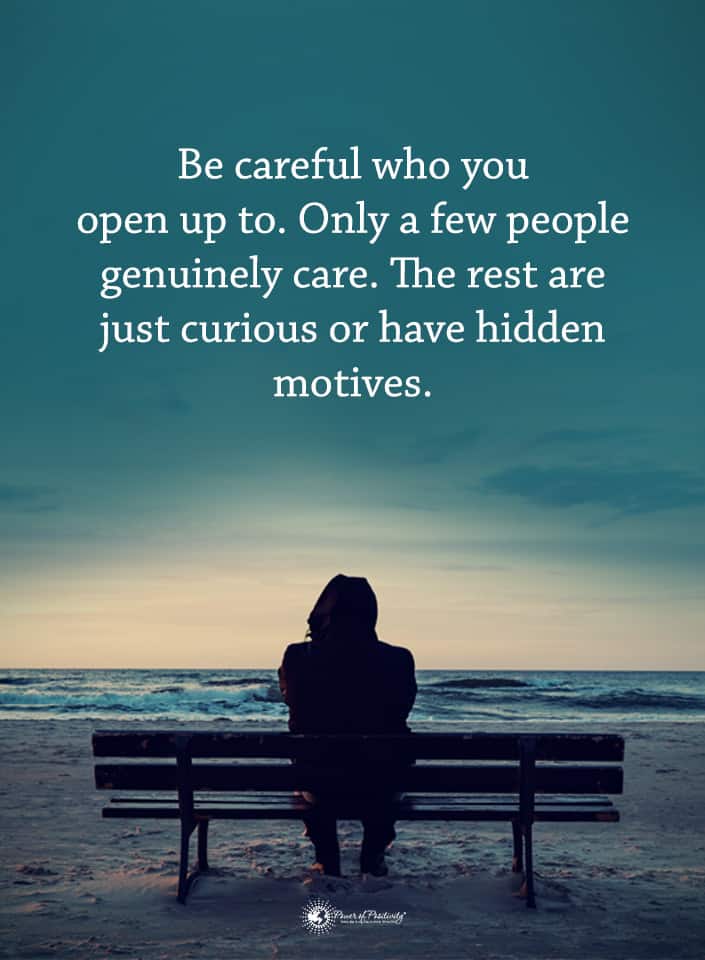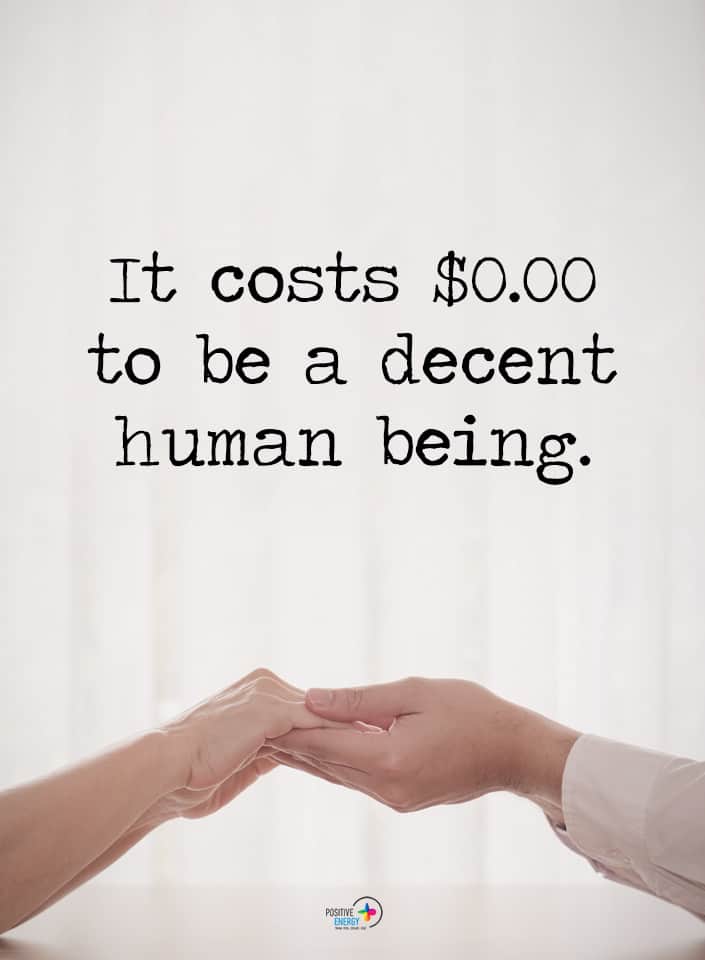The world of dating and flirting can be a complex one. While plenty of people enjoy a single life, many want to find a relationship or a person to connect with at the end of the night! But that’s easier said than done, and it can be tough to attract a man.
If you have trouble enticing a man? Don’t demean yourself so quickly. You may be sending subtle signals indicating you aren’t available or having trouble with the complicated dating universe. Here is how to attract a man – without saying a word!
1 – Speak With Your Expressions
Certain facial expressions reveal your attraction to another person. You can convey your feelings and thoughts indirectly or straightforwardly through various positive expressions. The key is to be flexible and playful.
-
Eye Contact
No matter how nervous you may feel, look directly at the man you are attracted to in the eyes. Some ways you can flirt with your eyes are to check him out, hold his gaze, flutter your eyelashes, or open your eyes wide. What he says and how he responds will tune you in on changing your expressions. Studies have also found that many people react in a positive way to direct eye contact – it grabs the other person’s attention quickly and facilitates bonding and interest!
-
Eyebrow Flash
Let your eyes meet just long enough to let the other person know that you are interested, avert your gaze briefly, then look back while raising both eyebrows ever so slightly. It is the flirtatious equivalent of a non-verbal hello.
-
Smile
There is nothing more beautiful than a smile, so the saying goes. And different smiles suit different intentions and occasions. For the best leverage, be authentic with your smiles when showing someone you are attracted to them and want them to approach. Remember, being unique, you will create the most beautiful smiles, whether an open, playful, seductive, or chuckle.
2 – Speak With Your Body Language
If you want to attract a man, there are many examples of body language that you can use to communicate your feelings and intentions. Gesturing with your hands, positioning your body, licking, or parting your lips are a few strategies to show that you fancy the person.
-
Put Your Hands Where Your Hips Are
Indicate that you are approachable by putting your hands casually on your hips. Or show that you are available by relaxing your arms and positioning them down on your sides.
-
Align Your Torsos
Mirroring his movements and how his torso is angled is a transparent body language that you are into the guy. Facing forward and pointing your feet toward his direction also express that your full attention is on him.
-
Show Your Hands
Please keep your hands where I can see them, is a famous tagline in the police force. And for a good reason. Research suggests that hiding your hands inside your pockets or under the table makes it difficult for people to open up to you. On the other hand, displaying your hands to the person you are attracted to is a positive sign that you are trustworthy. If you are feeling insecure about how your hands look, apply lotion regularly and keep your nails well-groomed to boost your confidence.
-
Open Your Posture
Be aware of how your body is positioned when you are with someone you are interested in. If you intend to entice the guy, keep your body posture open by uncrossing your arms and propping them on the table while leaning your body forward. Overall, research also indicates that an open posture creates a more positive attraction to strangers.
3 – Use Subtle, Flirtatious Hints
Deploying the more subtle art of flirting requires a delicate approach and positive thinking to woo your potential romantic interest. Flipping or twirling your hair, tilting your head, and smelling good are finer ways to attract a guy without confusing him with mixed signals.
-
Flip Your Hair
Slight gestures to your hair, like stroking, twirling, or tucking it behind your ear, can appeal to the person you are attracted to when the movements appear natural.
-
Tilt Your Head
Another non-verbal message you can send to the person you are attracted to is with your head tilted to one side while exposing an enticing view of your neck. Tilting your head shows that you are interested in the guy, willing to be in his company, and paying attention to what he is saying and doing.
-
Smell Nice
Whether it is body wash, post-shower mist, or perfume, the key to smelling good is using scented products with a balanced hand. It is particularly easy to go overboard with fragrances. And too much can turn off the people you are attracted to. While most people love healthy hair that smells incredible, they are not too keen on overpowering perfumes.
4 – Use Touch
When done at the right time, duration, and frequency, physical touch signals that you are attracted to someone. Briefly caressing his arm, gently patting his hand, or brushing your leg against his are examples of touches that undoubtedly show that you are interested in him.
-
Use Non-Intimate, More-Than-Friendly Touch
Test the waters by gently squeezing his upper arm or resting your hand on his back or shoulder. Check whether he is receptive, reciprocal, or responsive to them and let that lead you.
-
“Accidentally” Touch
The accidental-not-accidental touch is a subtle yet potentially effective method of enticing the person you are attracted to. Allowing your hands to collide while reaching for the same thing and letting your leg brush against his are delightful examples that can seduce even a sophisticated man.
-
Touch Often
Reciprocal touches lead to increased moments of touching. And these touches become more and more familiar and intimate as they progress.
5 – Consider Appearance-Related Methods
You don’t have to make yourself look conventionally attractive to reel a guy in, and it’s up to you what you do with your body. But the fact remains that human beings are naturally more attracted to people who look conventionally friendly or put-together, no matter what gender they are.
Studies show that all genders are likelier to date people they feel have a positive or attractive appearance. The chances are that you feel that way about the people you’re attracted to, too!
-
Clothes
Choosing the right outfit can make anyone feel confident and look attractive to others. Find clothing that fits your body well and suits your preferences. Whether the date is casual or sophisticated, you cannot go wrong with a combination of sexy and tasteful that makes you feel good.
-
Hair
Whatever you want for your hair, focus on the length and style that makes you feel attractive. Try to keep your mane clean, healthy, and great smelling.
-
Makeup
However, our preferences might differ; people generally agree that less is more regarding makeup. No matter the gender, cosmetic products enhance natural features and make everyone look more attractive. Be fearless in trying various makeup looks and choose the ones that suit you best.
Of course, take all this with a pinch of salt. Different people find different things attractive, and there’s nothing wrong with deciding not to follow these tips in your mission to attract a man. After all, you want them to like the real you, too!
6 – Let Your Personality Shine
There are ways to radiate your one-of-a-kind personality without saying a word. Show off your unique traits. Be comfortable in your own skin –it’s a turn on to the opposite sex.
-
Show Off Your Confidence
Straight up, confidence is attractive. Owning your attractiveness means you do not need validation. You are neither clingy nor desperate, which makes the person you are interested in want to pursue you.
-
Show Off Your Intelligence
Research supports the idea of sapiosexuality that intelligence can turn people on. So, let your mental ability seduce the one you fancy.
-
Just Be Yourself
Being comfortable in your skin makes you desirable and irresistible to whoever you are attracted to. Accepting and integrating all aspects of yourself enables you to become the best version of your authentic self.
7 – Get Into The Right Mindset
Positive thinking can transform your life. Prioritizing your health and well-being is essential to having the right mindset and reducing stress.
-
Be In A Positive Mood
Happiness is the most attractive trait that works like a diffuser of positive energy for the benefit of all humans. Prioritizing your mood can make you more friendly and help with your mental and physical health.
-
Never Compare Yourself To Other Women
Always remember that your uniqueness is incomparable to others and unparalleled worldwide. Focus on accepting everything you are, developing healthy self-esteem, and improving yourself.
-
Know Who You Are
Self-discovery is the journey of a lifetime, and humans are ever-evolving. Identifying your strengths and weaknesses, then utilizing your positives and improving on your negatives make you attractive.
-
Be Comfortable
It is attractive to see someone pull off something effortlessly and naturally. No matter what you do, ensure you are comfortable doing it. Trust your gut instinct to guide you toward doing what makes you feel comfortable and help you avoid anything that does not feel right to you.
Final Thoughts On Some Ways To Attract A Man Without Saying A Word
Attracting another person can be a confusing process. Though these tips specifically addressed women hoping to attract a man, do know that either gender can use most of them.
Regardless of your gender, remember: never dull your shine for someone else! Never change who you are to make others like you. You should always be your authentic self. But if you need tips on standing out in a crowded room – or letting gentlemen know you’re interested! – these tips can help with the process. Good luck!


























